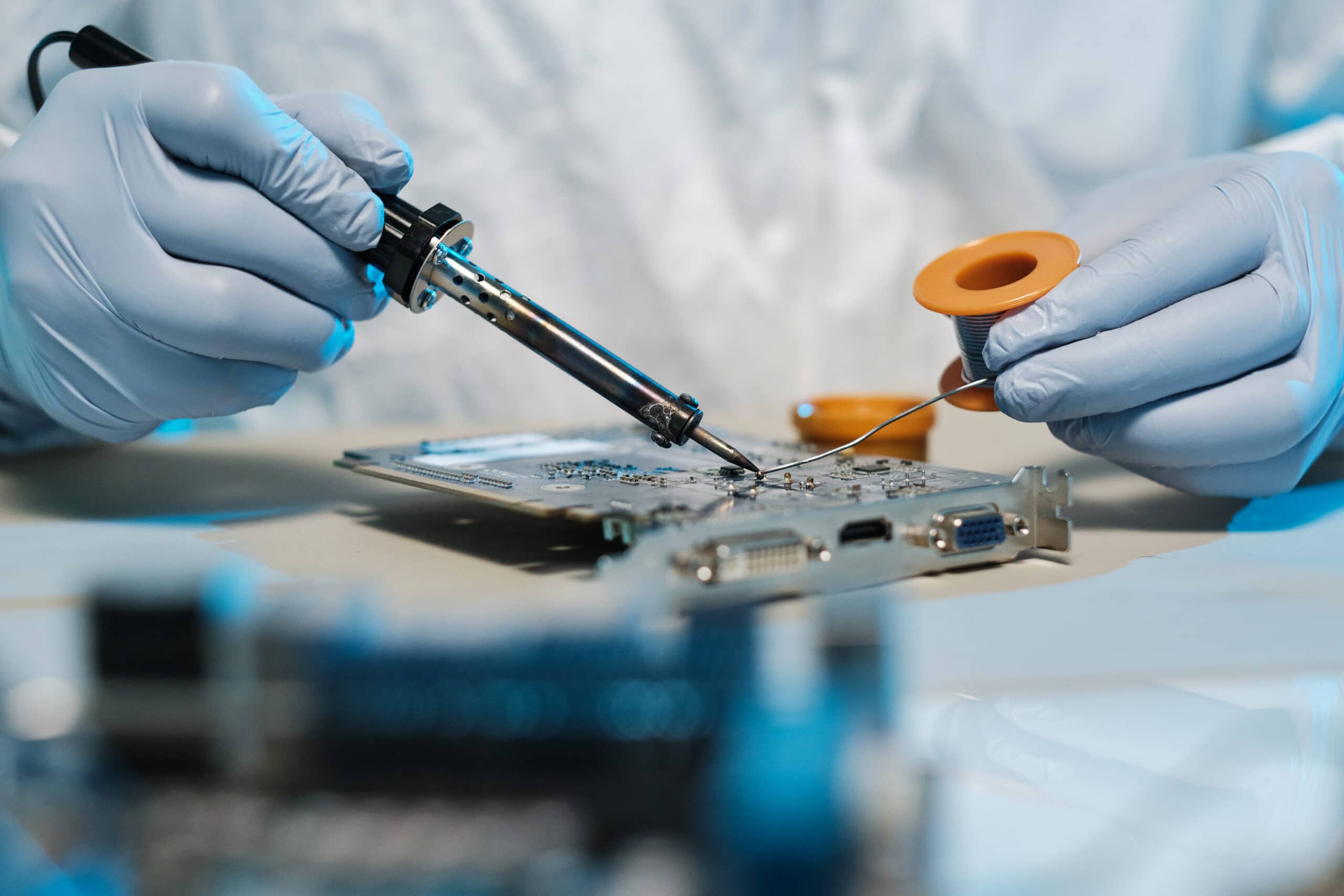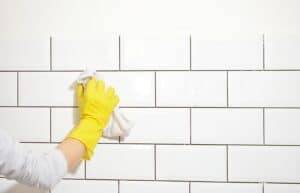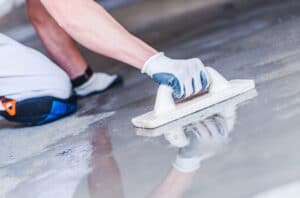5 Different Ways You Can Use Your Soldering Iron.

There are few power tools more versatile than the humble soldering iron. A soldering iron is a compact type of welding tool that uses high temperatures to melt solder and join two pieces of metal together in a permanent and airtight way.
These nifty little tools can come in all shapes and sizes, depending on what you’re using them for. And they really do have a lot of uses!
But first – how do soldering irons work?
Soldering irons can run on gas or butane, but most derive their heat from simple electricity. Simply lay a thin wire or foil sheet of solder along the metal components you would like to join, then melt it with the tip of your soldering iron to fuse the metal together. Solder is a tin-alloy that may also contain materials like copper, lead or oxide-removing flux.
Here’s are 5 DIY projects that you can do with a soldering iron:
1. Working on circuit boards and electrical wiring.
Soldering irons are best known as an electrician’s tool, because their compact size and precision makes them an excellent choice for splicing wires together or attaching them to terminals. Solder is a great conductor, so it’s a natural choice for fastening electrical circuits.
Any regular, run-of-the-mill soldering iron will do a great job of soldering the wiring in your home. If you’re into technology, you can also try experimenting with circuit boards. You’d be surprised at how sophisticated you can get with these projects!
Soldering works wonders for attaching these tiny wires, and it will adhere well to both the plastic boards and their galvanised metal components. For these jobs, it’s best to invest in a smaller soldering iron pencil with accurate temperature control, as precision is very important when working on these small circuits.
Don’t stop reading if wiring isn’t your thing. There are plenty of other reasons why a soldering iron is still a super useful tool to have around the house.
2. Fixing up your home – especially for roofs, plumbing and damaged gutters
One of the best reasons to keep a soldering iron handy is for home repairs. There are plenty of metal joints and components in a home, and many of them will need to be regularly repaired and maintained over their lifetime.
That’s where your soldering iron comes in. You can use it to patch holes, strengthen joints or even replace certain metal fixtures. It’s particularly useful for joining and repairing roofing sheets or gutters that have degraded over time. The watertight and airtight seal created by a soldering iron is perfect for the demands of a roof.
Roofing is one of the only areas where a 50/50 tin and lead solder is still commonly used. This is because the lead alloy is more durable, more flexible and can better withstand the high sun and temperatures of a sheet-metal roof. But lead solder is quite toxic – so you shouldn’t use it in most settings, and use caution when you do use it.
You can also use your soldering iron to repair your plumbing and fix leaky pipes – although you should obviously never use a lead-based solder when you’re working on your water pipes. We shouldn’t have to tell you why!
3. Completing small repairs on your car
It’s not just your home that your soldering iron will be able to repair. It’s also an incredibly useful thing to have on hand for minor automotive repairs.
Your car is made almost entirely of metal, and that metal is exposed to the elements regularly. The joints and metal components in your car can degrade over time, and your soldering iron is a useful tool for fixing some of these.
Obviously, solder isn’t going to be strong enough for any engine repairs or serious fixes. But just like with your home repairs, your soldering iron will do a great job when it comes to tightening joints, filling in cavities & holes or smoothing out corroded areas.
If you’re comfortable with wiring and you know what you’re doing, a soldering iron will also allow you to repair auto-electrical issues or make modifications to your lights, radio, electric locking systems and more.
4. Creating Mosaics
It’s not all about hard labour – soldering irons have some creative uses as well. It may surprise you to hear that you can actually use a soldering iron to make your very own mosaics and stained glass windows.
This was traditionally done with lead solder, but today we use less toxic alternatives. Solder won’t stick to glass, but wrap some copper foil around the edges of the glass that you’d like to stick together and you’ll be good to go with your soldering iron. Be sure to add a coat of liquid flux as well, or choose a solder that already contains this. It will help strengthen the bond.
Creating your own stained glass window or a mosaic is an exciting project that will leave you feeling very accomplished. Depending on your design, you may also need some other power tools to safely cut the glass into your desired shapes, and a roller to apply the liquid flux.
5. Designing or fixing your own jewellery
Another popular use for soldering irons is making jewellery. Jewellers rely on soldering irons for repairing and crafting jewellery, and it’s a great DIY craft project for you to try with your own soldering iron.
Whether you’re repairing a beloved pair of earrings, creating a fused chain for a necklace or repurposing some recycled goods into a funky bracelet, the possibilities of what you can create with a soldering iron are limited only by your imagination.
Depending on the material your jewellery is made out of, you may need to purchase some specialty solder first. Silver, bronze and gold solders are commonly used for jewellery soldering and are widely available.
The soldering iron is a versatile little tool that can get a lot done. These are 5 of the most popular uses for a soldering iron, but there are many more. You never know just when your soldering iron will come in handy.
Shop our curated range of high-quality soldering irons at Multifors. We’re an online hardware marketplace with a huge range of power tools and power tool accessories. Fast delivery across Metro Melbourne from $19.95.
-
 11, Jul, 2022
11, Jul, 2022Feature Product: The Stain Proof Range
We regularly review some of our favourite products. Today, we’re... -
 5, Jul, 2022
5, Jul, 2022Concrete Sealer: What You Need to Know
Concrete is a sturdy material that’s practical and affordable. In... -
 24, Jun, 2022
24, Jun, 2022A Product Guide for DIY Pool Areas
Tiling a pool area is a great DIY project. In...


